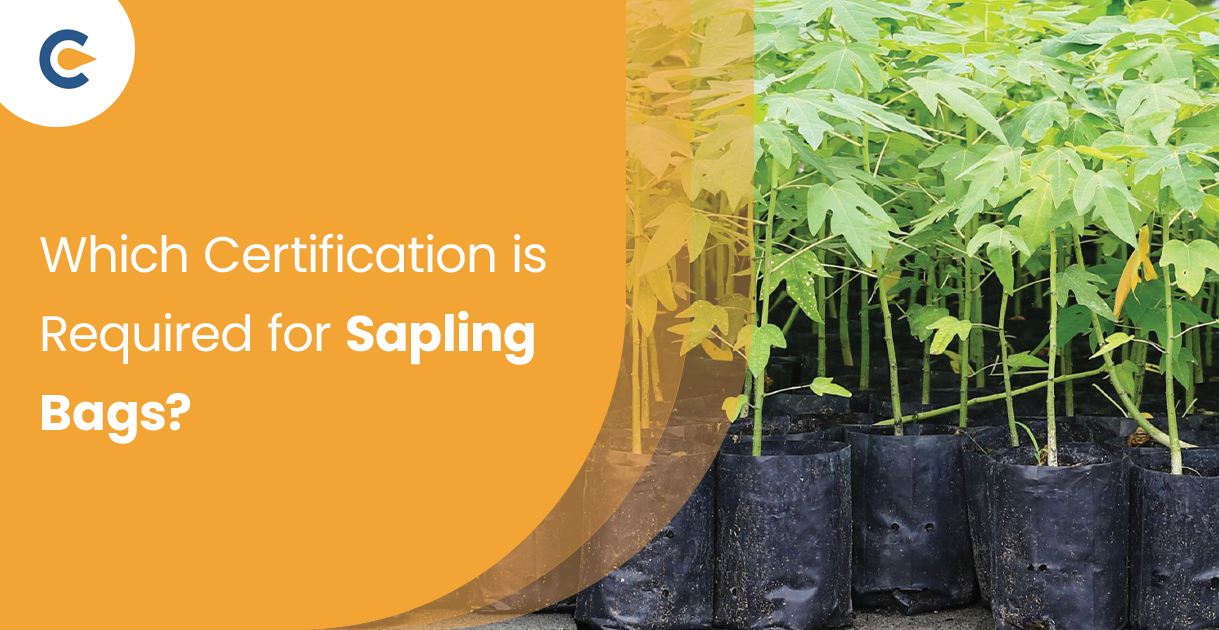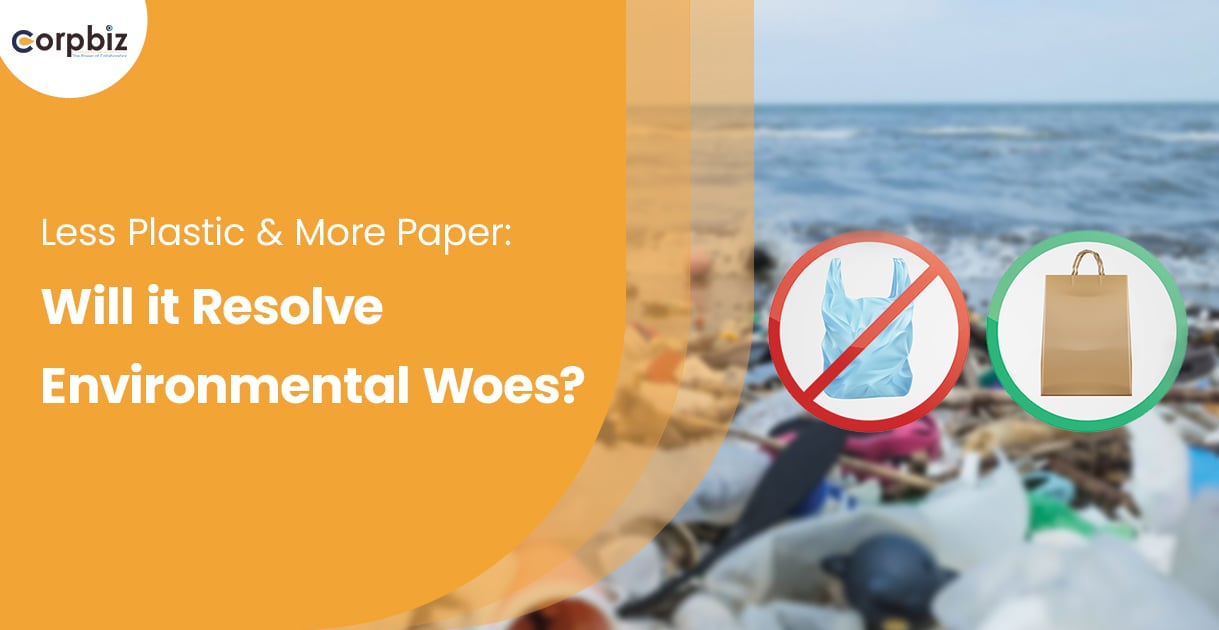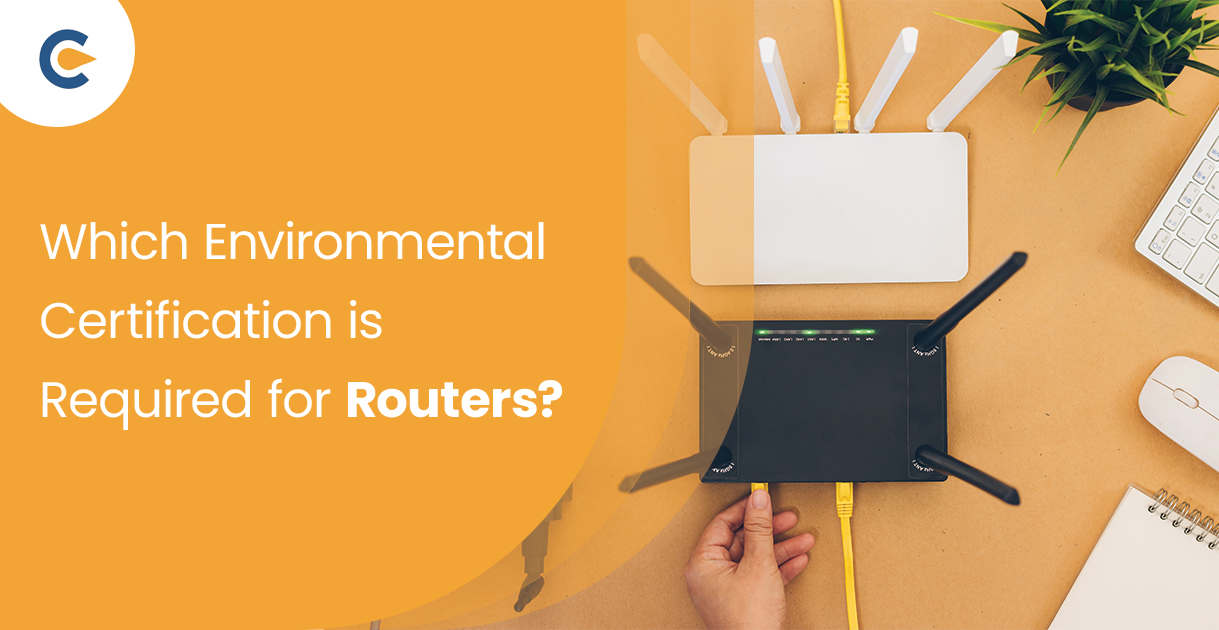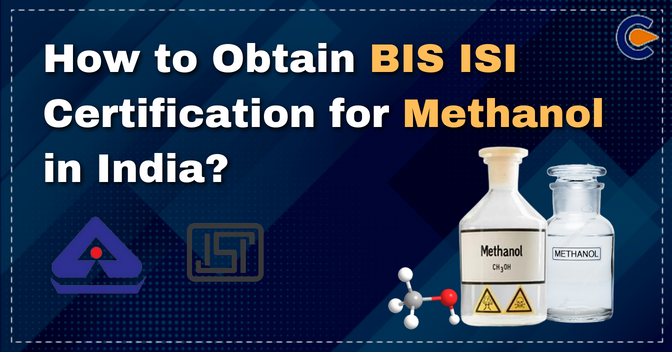Sapling bags, otherwise known as seedling bags or plant nursery bags, are an integral part of implements in agriculture and horticulture. These bags shall be used to raise the young plants until they are ready to be transplanted into the ground. The quality of these bags significantly matters for the health and growth of these saplings; therefore, they must adhere to specific standards.
Certifications at each step of producing sapling bags guarantee that the final product is high-quality, eco-friendly, and safe for use. The Certification ensures the saplings are protected from harm and promotes eco-friendly and sustainable farming. Let’s understand the certification required for sapling bags, including the process involved in obtaining them and their importance to the industry.
Importance of Certifications for Sapling Bags
Certifications are not simply a formality; they hold substantial Significance in Various aspects. Let’s have an understanding about the importance of certifications for sapling bags-
1. Ensuring Quality and Durability
The testing itself is very rigorous to ensure that the ISI/BIS-certified sapling bags can handle the planting stresses and environmental conditions. Quality certifications ensure that bags will not easily tear, degrade prematurely, or harm the saplings.
2. Environmental Impact and Sustainability
ISO 14001 and FSC are focused on environmental management and Sustainability, including certification under IS 16089. Since 2013, all sapling bags sold in the Indian market and used for seedling or sapling development must be part of the ISI Certification Scheme.
These bags are used for the growth of saplings in nurseries. The sourcing of materials used in the making of such bags should be done responsibly, and the manufacturing process should minimize environmental harm.
3. Regulatory Compliance
In many countries, there are requirements for complying with certain standards. The certification means that the manufacturer will comply with the national and international requirements, thereby avoiding possible legal problems and facilitating easy market entry.
4. Safety for Plants and Soil
Certifications ensure that no chemicals leach into the soil from the materials used in sapling bags, harming the plants. This is very important, especially in organic farming and places sensitive to the environment.
Certification Process
- Application: The manufacturers shall apply for certification by submitting an application form and the relevant documents.
- Testing: All such products shall be strictly tested for compliance with the relevant standard in BIS-approved laboratories. This rigorous testing shall ensure the quality of these bags.
- Inspection: BIS officials may inspect the manufacturing site to verify that the production process meets standards.
- License to Be Granted: After successful testing/inspection, BIS registration certificate shall be granted.
- Surveillance: This is executed through periodic checks and audits to ascertain continual compliance.
Certification in Context to Sapling Bags Materials
The ISI (Indian Standards Institute) brand mark is a Hallmark that denotes a product conforming to the Indian Standards of the BIS. In the context of sapling bag materials, this certification is a sign of conformity to standards for safe and environmentally friendly sapling bags as the product undergoes tests to determine whether it can meet acceptable standards for use or not.
Mandatory Documentation for Obtaining Certificate for Sapling Bags
For the purpose of obtaining ISI mark certification/BIS certification on sapling bags, the manufacturer must submit documents based on the comprehensive schedule given below:
- Application Form: The prescribed BIS application form was duly filled out.
- Product Specifications: Detailed product specifications, including material composition, size, and strength.
- Quality Control Documents: These documents contain all the quality control measures and protocols followed during manufacturing.
- Test Reports: Laboratory test reports approved by BIS about showing compliance with applicable standards.
- Manufacturing Process Details: Information on what kind of manufacturing operation will be conducted, along with the related machinery and techniques employed.
- Factory layout: The factory layout shows the detailed aspects of the manufacturing facility.
- Environmental Compliance Certificates: This applies to biodegradable bag-bearing certificates that conform to environmental requirements.
- Past Certifications: All previous certifications or quality marks issued.
- Samples: Product samples for testing and inspection.
- Company Registration Documents: This means proof of company registration and the legal process involved.
- Employee Credentials: Details about the credentials and qualifications of key staff involved in the manufacturing process.
Conclusion
The BIS certification for sapling bags is set to ensure quality, durability, and conformity with environmental concerns as well as regulatory requirements. The certification, along with others, covers ISI/BIS, ISO 14001, IS 16089, and FSC, which means that such bags are safe for plants and soil.
These certifications serve manufacturers in multiple ways, including acquiring market credibility, conformance to regulatory requirements, and tapping into the segment of environmentally conscious consumers.
There is no requirement on the part of the manufacturer except to ensure that the sapling bags bear the right kind of compositions that will ensure sound plant health promotion and positive environmental enhancement. As the industry continues to evolve, staying informed about certification requirements and processes will be crucial for maintaining quality and fostering sustainability in agriculture.
Frequently Asked Questions
What certifications are required for sapling bags?
Basic certifications on sapling bags are mainly based on quality and safety through ISI/BIS certification, environmental management under IS 16089 certification, and sustainable sourcing of materials through FSC certification. This assures that the bags meet very high standards of quality, environmental sustainability, and safety.
Why is certification necessary for sapling bags?
Certification is vital in ensuring that sapling bags are high quality, durable, and safe for use. It helps to ensure that the bags are produced environmentally sustainably and comply with national and international regulations, thus avoiding legal cases and allowing entry into a market.
What is ISI mark certification, and why is it important?
The ISI mark certification by the Indian Standards Institute means that a product confirms the standards of BIS. In sapling bags, such a quality check makes them safe, durable, non-polluting, and meets all the required standards to be applied in agriculture and horticulture.
What is the certification process for sapling bags?
The certification process involves submitting the application form, accompanied by the requisite documents, and testing in BIS-approved laboratories, which is succeeded by inspection from the BIS officials. One is given if the products qualify to be certified; there are periodic checks and surveillance audits to ensure continuous compliance.
How does certification impact the environment?
IS 16089 and FSC are the certifications related to environmental management and sustainable material sourcing. This ensures that production processes not only minimize harm to the environment but are also made from materials that, at worst, simply re-grow and, at best, contribute to increased environmental sustainability in general.
What is the certification timeframe for the sapling bags?
The duration to achieve certification varies by the particular certification and the manufacturer's readiness. Typically, a span ranging from a few weeks to several months is consumed for applications, testing and inspection, and approval processes.
Read our article: BIS Certification For Eco-Friendly Business Practices












